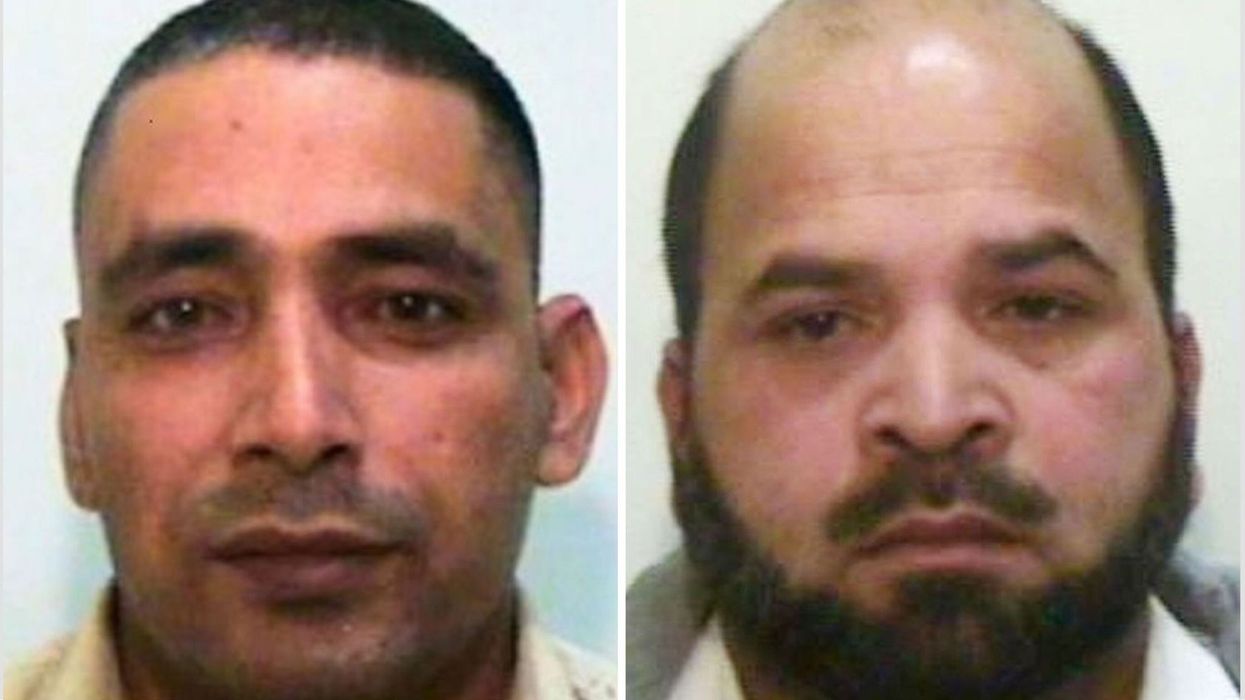PAKISTAN may reconsider accepting two convicted leaders of the Rochdale child sexual abuse gang if direct flights between the UK and Pakistan are restored, a senior Pakistani official has said.
Qari Abdul Rauf and Adil Khan, both found guilty of serious child sexual exploitation offences in the UK, were stripped of their British citizenship nearly a decade ago.
A judge had ordered their deportation to Pakistan, but both men renounced their Pakistani nationality just before their court appeals, effectively blocking the deportation process.
Since then, the UK has been unable to remove them, as Pakistan has refused to accept individuals without citizenship. Although courts have rejected their appeals multiple times, the two men remain in the country.
A senior official from Pakistan’s Foreign Office told The Times that talks are ongoing with British authorities, both over the deportation of the two men and the resumption of Pakistan International Airlines (PIA) flights to the UK.
“This complex case involves several legal challenges, and we are currently in discussions with UK authorities, although no significant progress has been made yet,” the official said.
Direct flights by Pakistani airlines have been banned in the UK since 2021 due to concerns over aviation safety. The UK Civil Aviation Authority found that a number of Pakistani pilots had been flying with fraudulent licences. Pakistan has applied to be removed from the UK’s Air Safety List, but a decision is still pending.
British officials have insisted that the aviation review is entirely independent of the deportation issue.
Legal experts say deporting someone who has no nationality is generally against international law. However, UK law allows such deportations in limited cases, particularly if the home secretary believes the person may be eligible for another nationality.
Osama Malik, a UK-trained immigration lawyer, said it was unlikely Pakistan would accept Rauf and Khan without a change in their legal status.
“If these convicts have legally renounced their Pakistani citizenship, it would be very difficult for Pakistan to accept these deportations,” he was quoted as saying. “If they reapply for citizenship, they could be accepted, but that is unlikely.”
Malik also questioned the fairness of the approach: “They have lived most of their lives in Britain and have more ties to the UK than Pakistan. Once they’ve served their sentences, they should be treated like any other British convict.”
Meanwhile, former UK minister Michael Gove confirmed claims made by Dominic Cummings that civil servants had pressured him to stop The Times from publishing details about child sexual abuse in Rotherham. Speaking to GB News, Gove said some local officials believed the reporting could damage efforts to address the issue.





